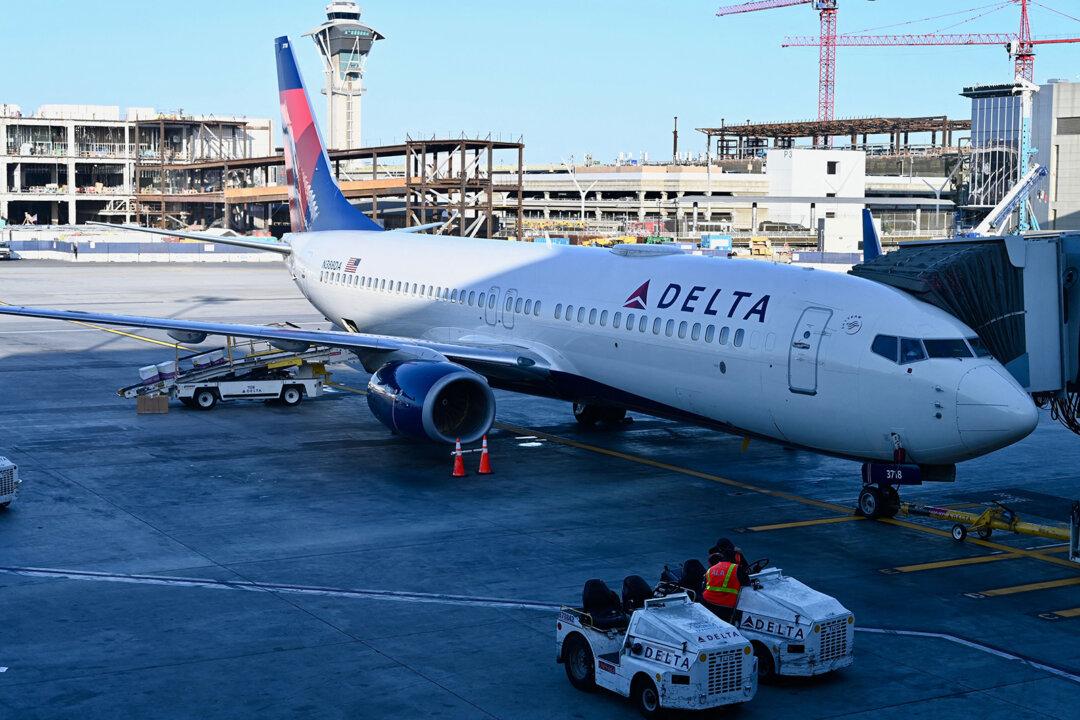By Kelly Yamanouchi
From The Atlanta Journal-Constitution
Delta Air Lines warned that it expects “operational challenges” over the busy Fourth of July weekend, and is allowing customers to change their travel dates to avoid the havoc.

Delta Air Lines warned that it expects “operational challenges” over the busy Fourth of July weekend, and is allowing customers to change their travel dates to avoid the havoc.